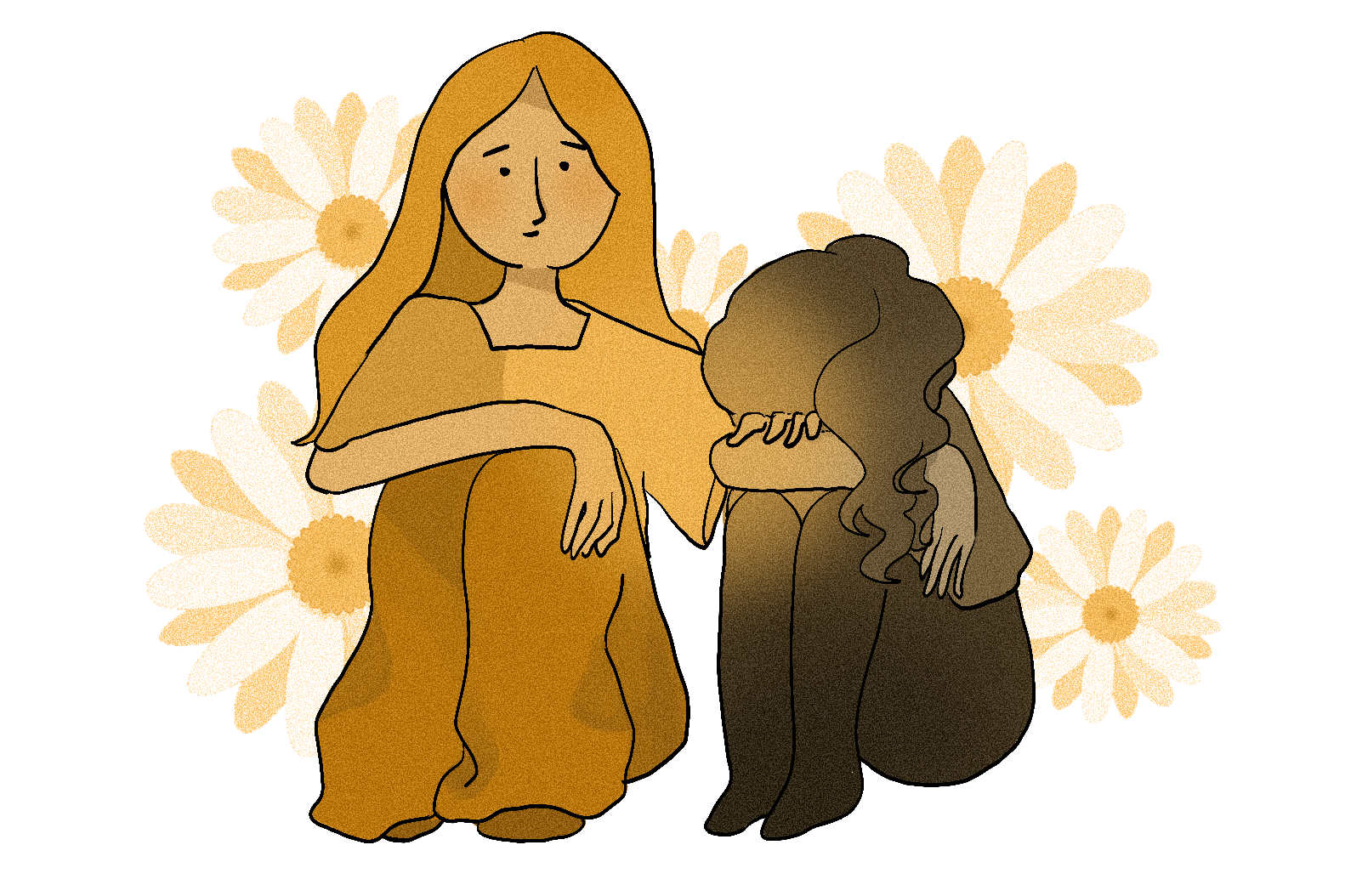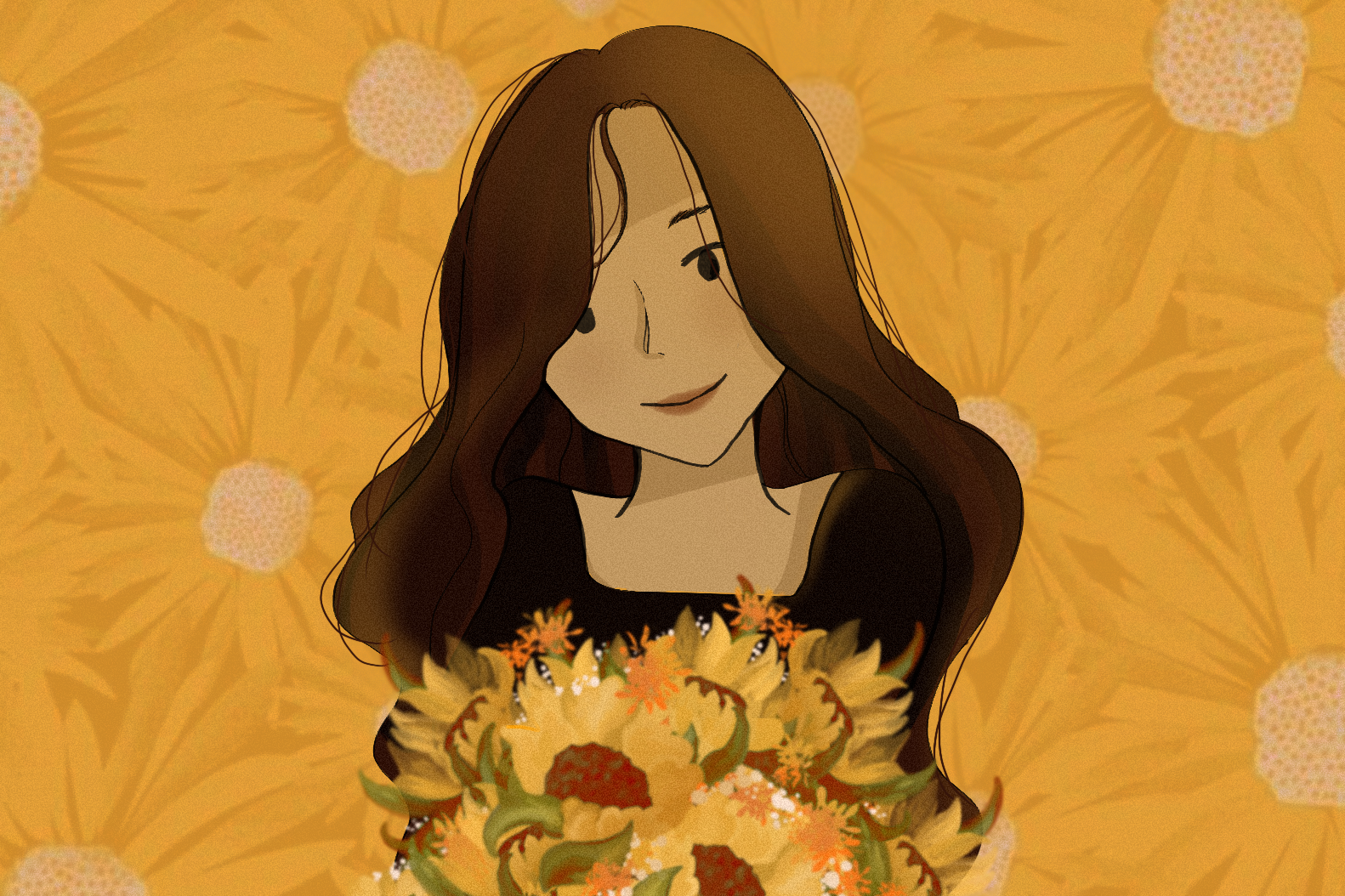Trigger warning: This article contains mention of self-harm and suicide.
At just two months old, Rachel* was sent to foster care due to the history of abuse in her biological family.
After nine years of living with her foster family, she was then moved to a children’s home.
“My emotional and mental health was pretty much affected ever since I was young, probably after I left my foster family,” she recounted.
Living at the hostel until she was 14 years old, that was also the period in Rachel’s life where she spiralled into depression, self-harmed and even attempted suicide.
She sought psychiatric treatment at the Institute of Mental Health, but stopped going after she felt that it wasn’t really helping.
“I always had a lot of negative thoughts. Sometimes I thought that I lived in this world just for people to criticise me. I felt like, ‘What’s the point of being in this world?’” said Rachel.
What’s the purpose of life?
Because of her adverse childhood experiences as well as friendship and relationship woes while growing up, these instances of rejection took a toll on Rachel’s identity.
“I always felt that I wasn’t important, that nobody cared about me,” she disclosed, confessing that she often struggled with worthlessness.
Although Rachel had been to two missions schools and lived under the care of Christian foster parents, she also found it difficult to believe that there was a God who loved her.
“I always thought that He’s a Father to all of us, and that He’s there to help, guide and protect us. But at the same time, I didn’t know much. I felt like I wasn’t worthy of His love,” she admitted.
“I was always doubtful too. I think there was a lot of anger that I didn’t want to let go of. And I didn’t let God help me through even though I knew He was the only one that could.”
For a very long time, Rachel kept a lot of these negative emotions hidden away — until she joined her second home.
At 14, she was brought to HCSA Dayspring Residential Treatment Centre for girls who have suffered trauma from abuse.
The turning point
“I didn’t want to confront my feelings. I just bottled it in all the time,” said Rachel.
Even after arriving, she was reluctant to share about her problems, but as her care team gave her space and slowly earned her trust, she gradually started to open up.
“I think there was a difference in how these people questioned me. At first in Dayspring, I felt a lot of pressure. But they slowly tried to understand me and tried to tame it down a bit until I was more ready (to share).”
It was also around this time when Rachel decided to skip school for two months due to bullying. But it was her case worker and values coach who encouraged her to press on.
“God was there and He pushed me (to move forward), and I think He did it through the staff,” she noted.
“I want to help others too, which is why I decided to study social work.”
Rachel said she could also feel the love of God through the warmth she experienced at Dayspring.
Her favourite memory? When the staff planned and celebrated her 15th birthday at Sentosa.
“I felt like I always had boring birthdays ever since I was in the children’s home. I felt like nobody cared. I had always wanted to have a fun birthday, so I was really grateful,” she recalled.
Rachel pointed out that it was during those two years at the centre that gave her hope and helped her to have a more positive outlook.
This was when she began to embark on her recovery, and had more determination and focus in life.
“Ever since I was in Dayspring, I felt more confident in life, and I knew what I wanted to do in life,” added Rachel.
Discovering her calling
Because of her background, Rachel decided to pursue a course in social work at the Institute of Technical Education.
“I realised that I want to give back to society… I want to help others too, which is why I decided to study social work,” she shared.
In particular, Rachel hopes to be able to journey with people with special needs.
She believes that God can use her past experiences in a way that she can become a blessing to others and a vessel of His love.

“Maybe I can help people in the future if they’re going through pain,” said Rachel.
“I can be there for them; that’s the most important thing. Sometimes we don’t have to say much but just be there for someone.”
This conviction is the reason why she didn’t give up on her dream, despite going through two difficult internships – one with a home for people with disabilities and one working with elderly.
“I feel like every moment God is definitely there because He knows and He sends all these people through Him to tell me not to give up,” she affirmed.
“I’m really proud I didn’t because I think this is what I’m meant to do.”
God was there all along
Looking back, Rachel is grateful for how she has seen God’s transforming power in her life.
Besides having hope for the future, one of the visible differences is Rachel’s improved relationships with friends and family.
“I open up more, and I’m more honest about my feelings,” she observed.
While her father has already passed on, Rachel recently started to reconnect with her mother and half-sister.
She also hopes to be able to reunite with her foster family who first sowed the seed of God’s love into her life.
For now, Rachel is just thankful for the people that God has placed in her path.
“I’m graduating already, but I have three best friends and I think they are the ones I should really keep and treasure forever,” she said of her friends from school.
Referring to another family whom she got connected with last year, she added: “They were all Christians and people who really loved God. They were really caring — they talked to me a lot about God and read Bible verses with me.
“I realised that God was the one who put them there. It made me happier, more cheerful and just more ready to listen to and obey God’s word.”
Having experienced God’s love for herself, Rachel also wants to tell others about it.
“I’m more cheerful, and I talk about God more. I just feel like I want to share about God to more people each day.”
*The interviewee’s name has been changed for confidentiality. This article was first published on Stories of Hope.
If you’d like to contribute to the work of HCSA Dayspring to help other girls like Rachel receive the care and support they need, you can check out the fundraiser they have started in line with their 15th anniversary.
- Have you struggled with feeling worthless?
- In what ways have you felt God’s love through the people around you?
- How do you think God can use your painful experiences to help others?









